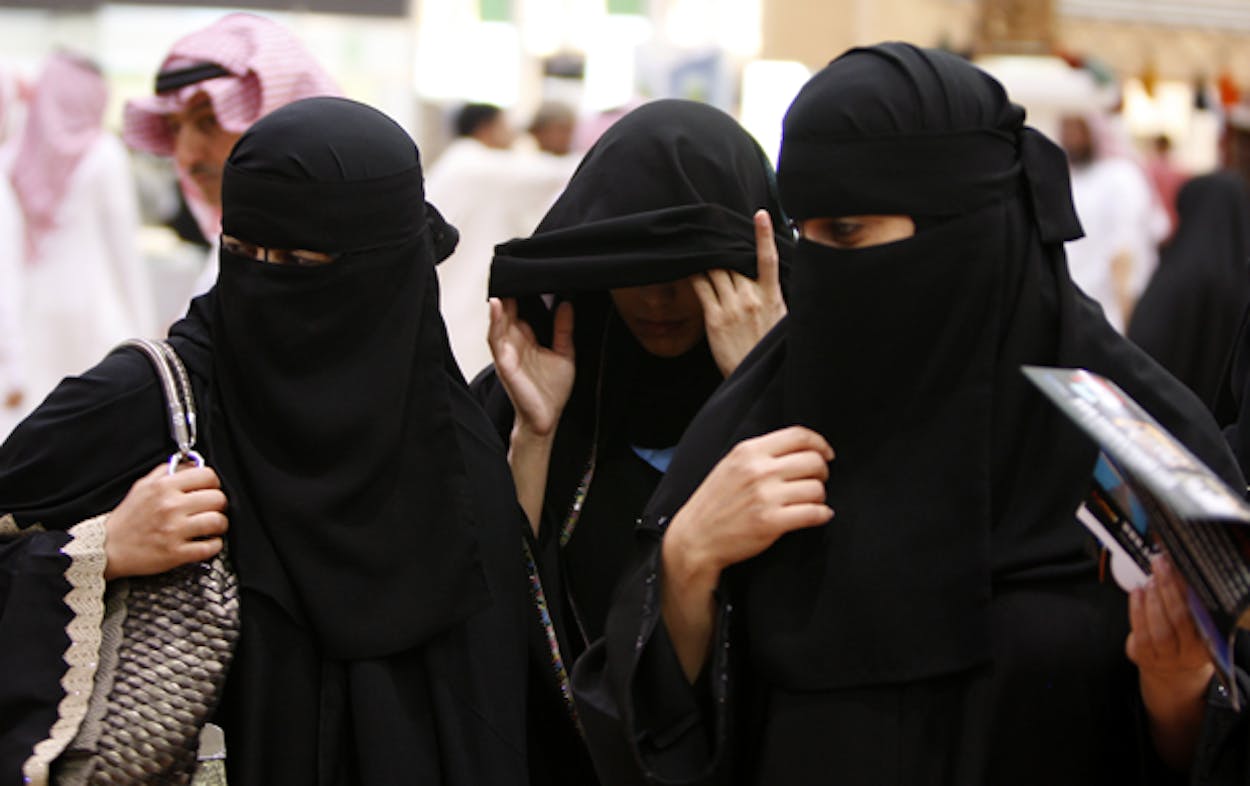When Shaima Jastaniah moved from Houston to Saudia Arabia, she had her black BMV X5 shipped to her new home. On a sticky July day, she jumped into the SUV and drove for three hours before being stopped by authorities who arrested her for driving while female.
In September, she was sentenced to ten lashes, but Princess Ameerah al-Taweel stepped in, appealing to her husband, Al-Waleed Ibn Talal, who spoke to his uncle, King Abdullah, about the sentence, the Houston Chronicle’s Lindsay Wise reported.
King Abdullah issued a royal pardon via tweet, and on September 28, the princess took to Twitter, writing “#women2drive Thank God, the lashing of Shaima is cancelled. Thanks to our beloved King. I’m sure all Saudi women will be so happy, I know I am.”
But it appears that Twitter does not have the force of law in Saudi Arabia. Last month Jastaniah received notice that if she loses a mid-December appeal, she will be flogged.
That is, unless she can kick up an international media storm of outrage.
Desperate to shed light on her case and end this form of gender discrimination, Jastaniah turned to a friend she made while studying for her master’s degree at University of St. Thomas. Nivien Saleh, a professor of international studies, heard her story and penned an outraged piece in the Atlantic about Jastaniah’s situation.
“Shaima fit right into Houston society. Texans are larger than life, and so is she. Discard your images of the veiled female Arab: Her dedication to Islam is sincere — she recently completed the hajj to Mecca — but she is not demure and does not attempt to fade into the background. When she enters a room, you notice,” Saleh wrote.
Jastaniah, who lived in Houston for ten years, bristled at Saudi Arabia’s ban on female drivers upon returning home in 2010. “In her view, the prohibition against female driving has nothing to do with Islam and everything with the maintenance of patriarchal rule. After all, did Aysha, the favorite wife of the Prophet Muhammad, not ride her own camel into the Battle of Basrah in 656?” Saleh asked.
“I want to be able to drive, just like I did back in the States,” Jastaniah told Saleh. “And I want other women to be able to do the same. It’s a basic human right.”
- More About:
- Politics & Policy







